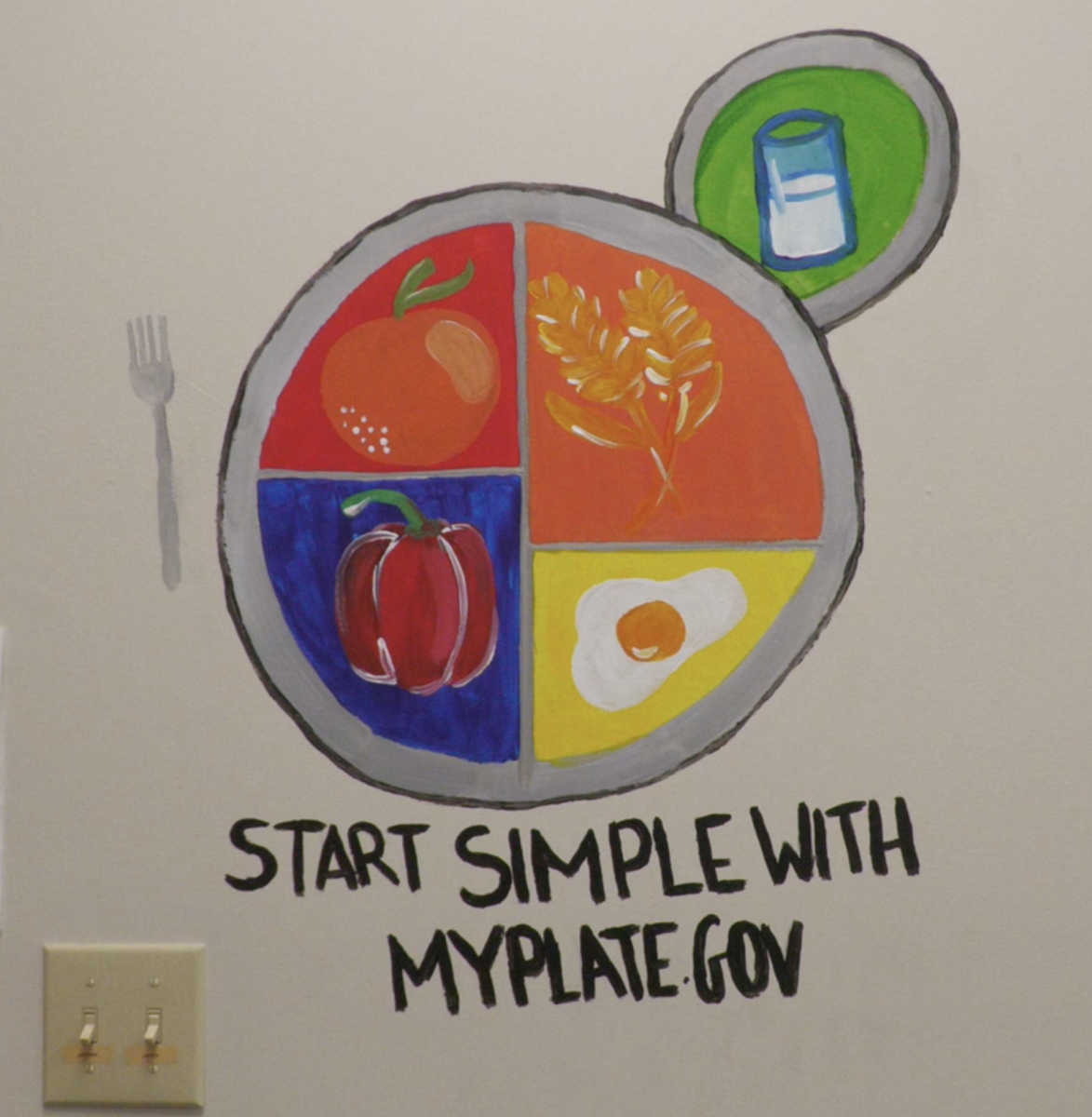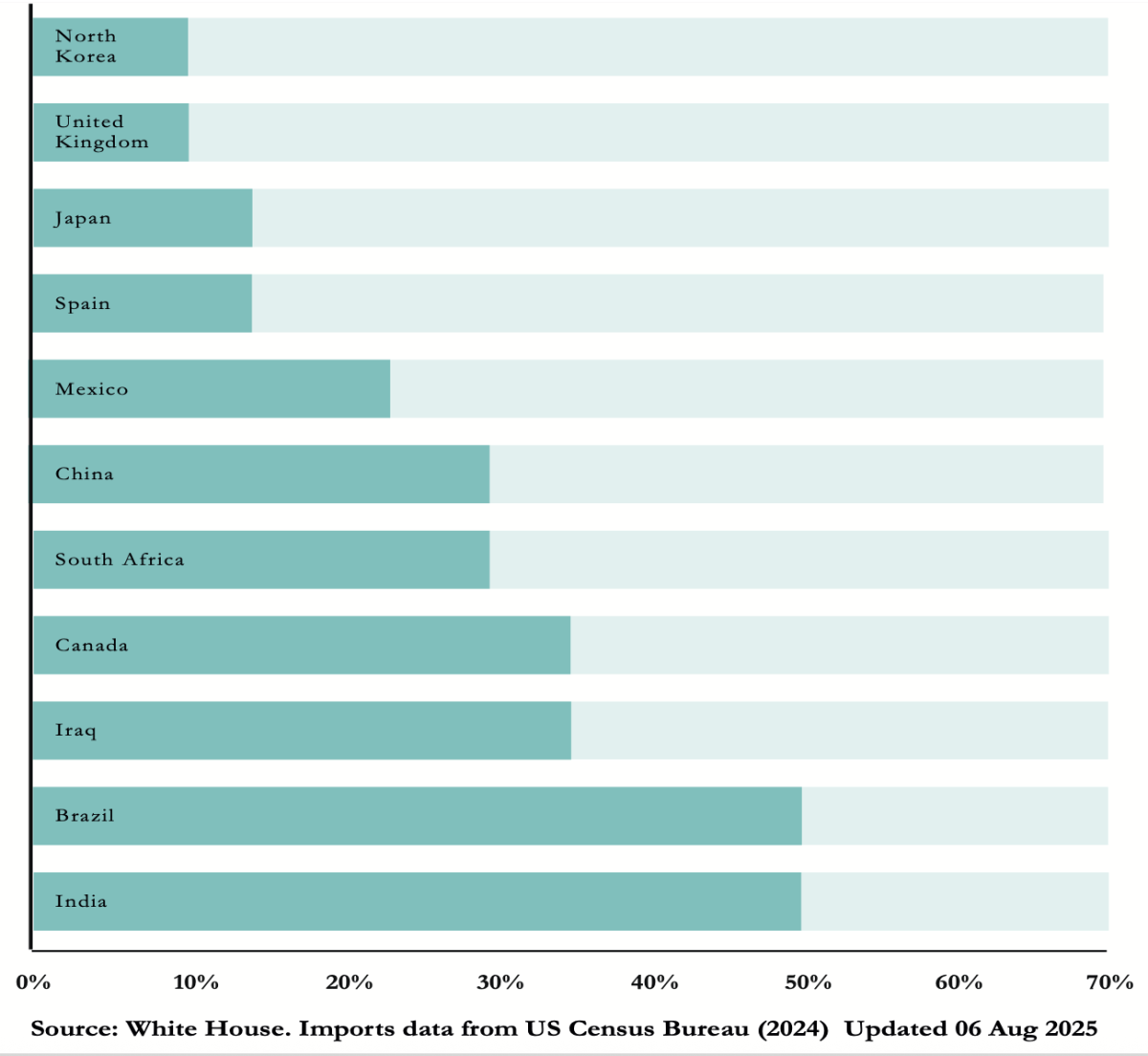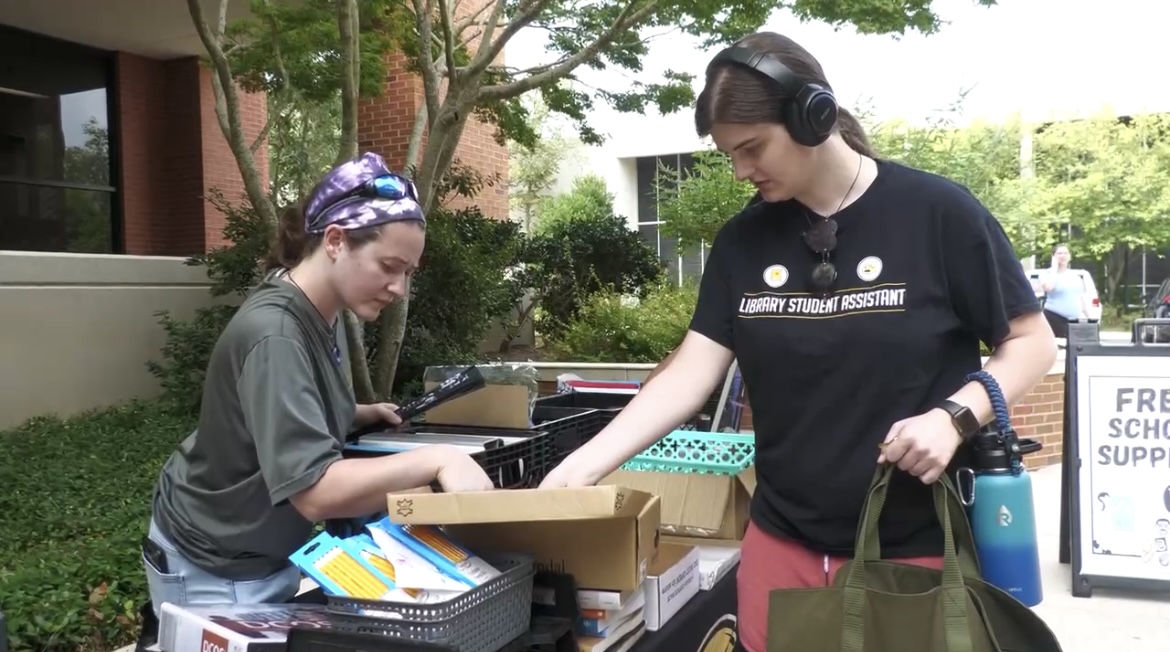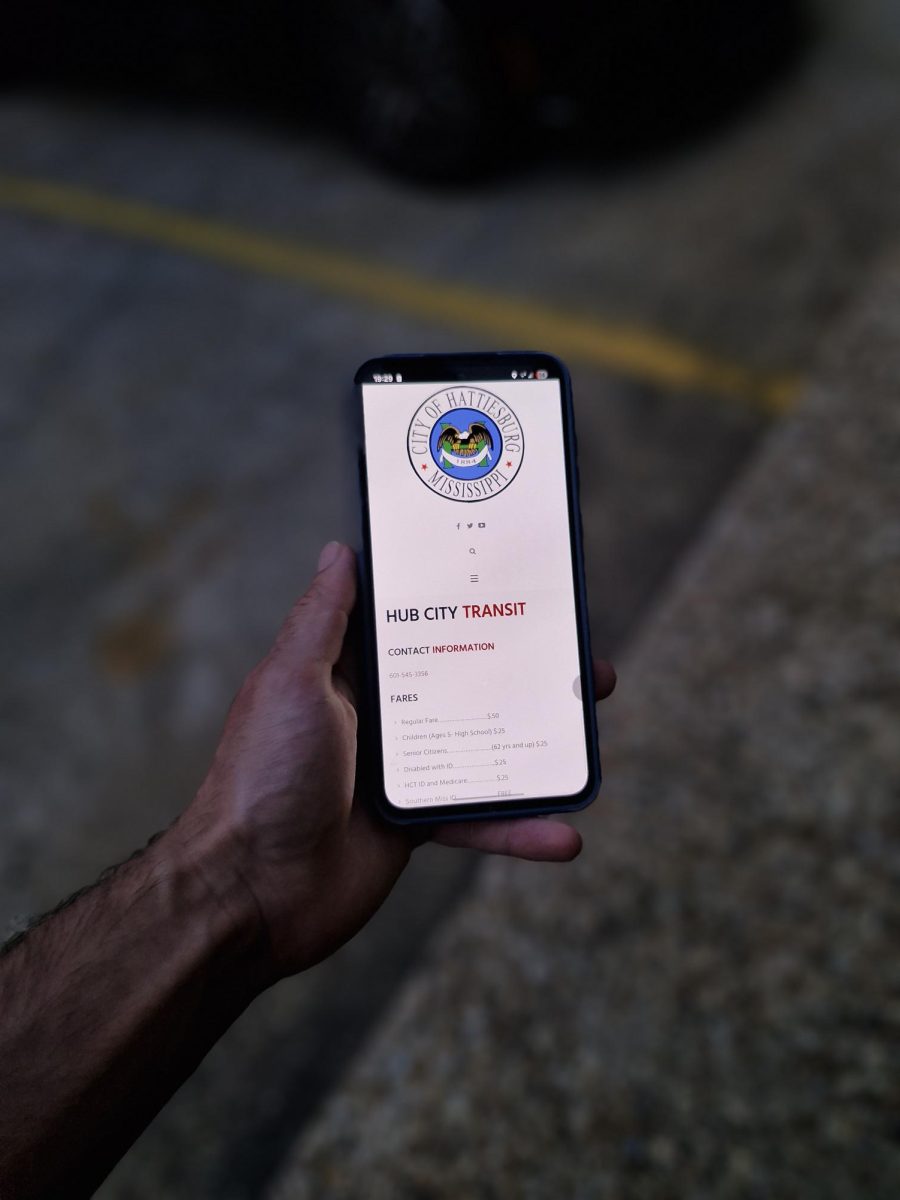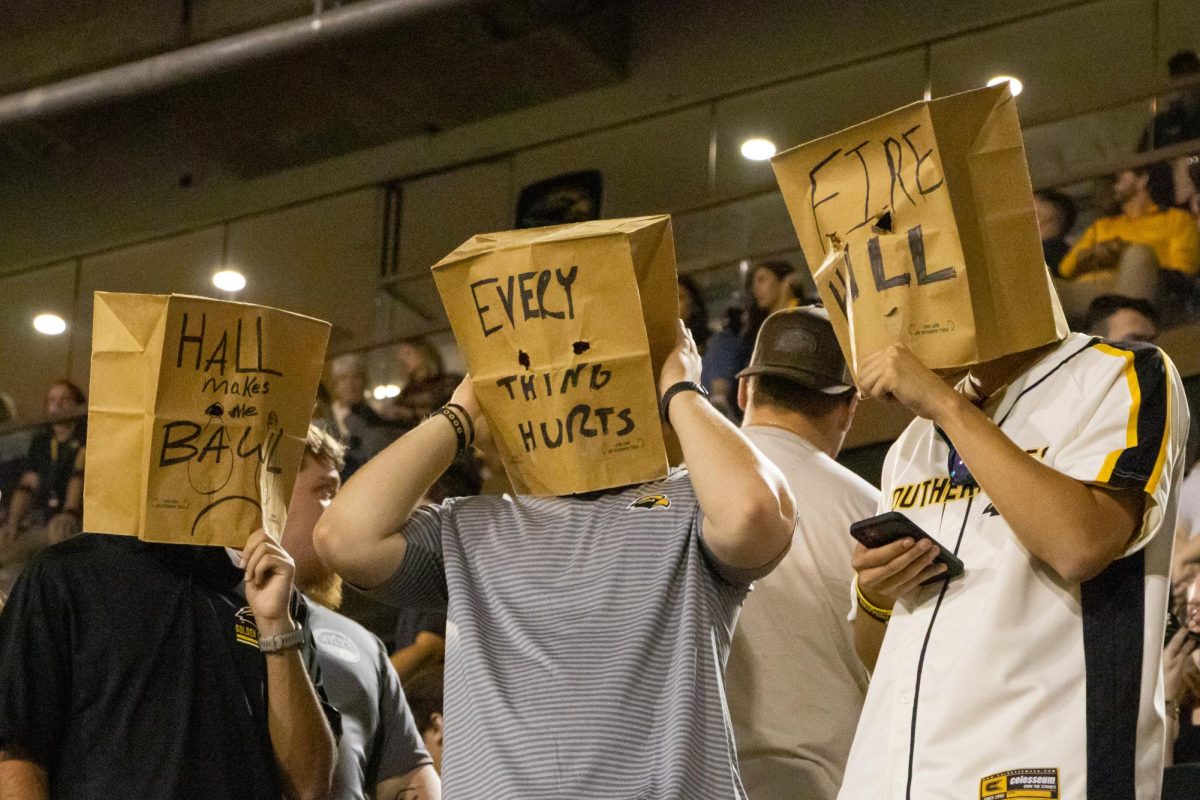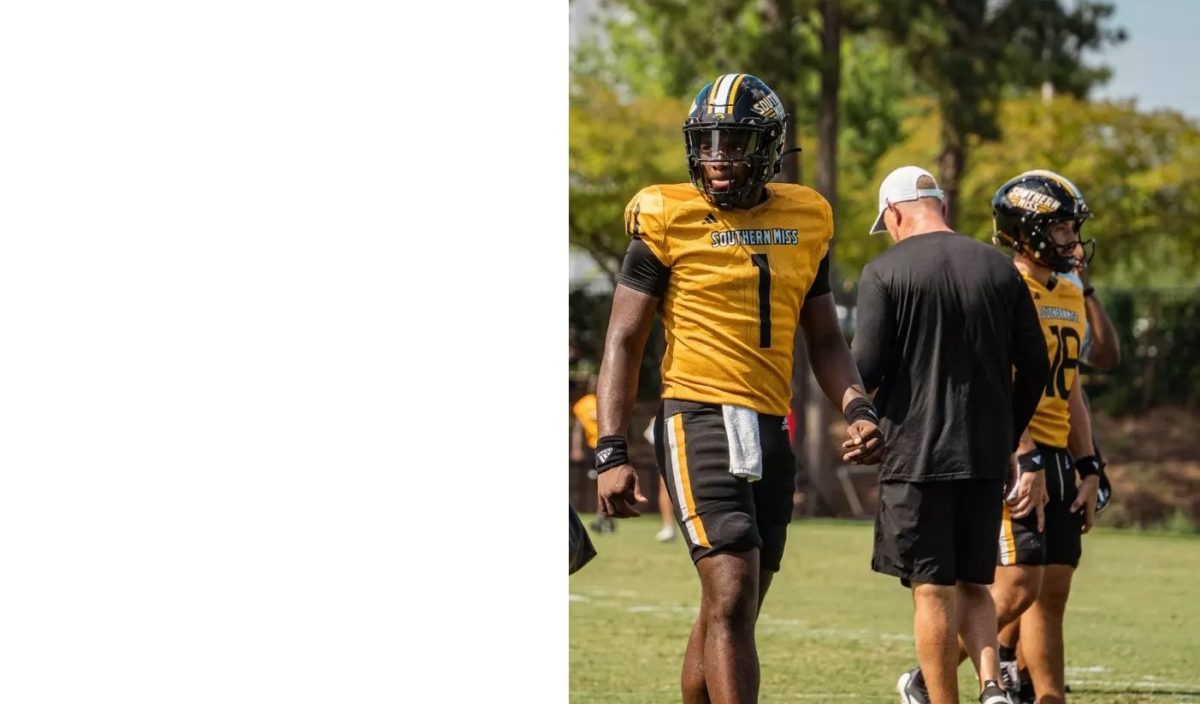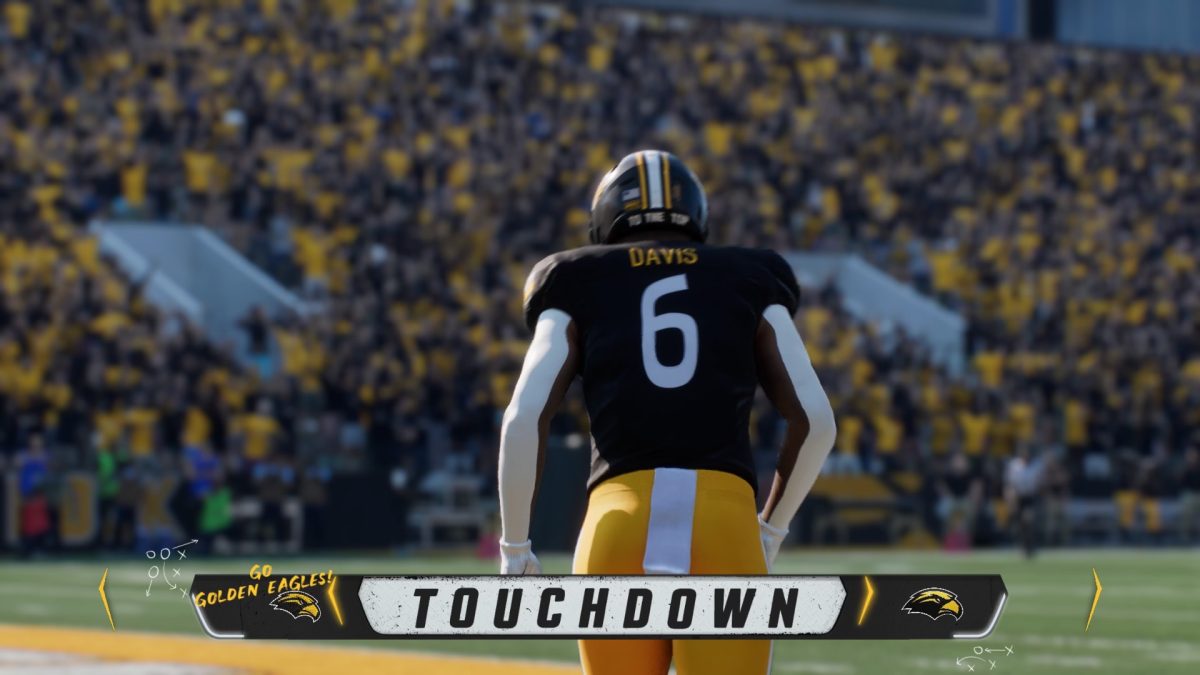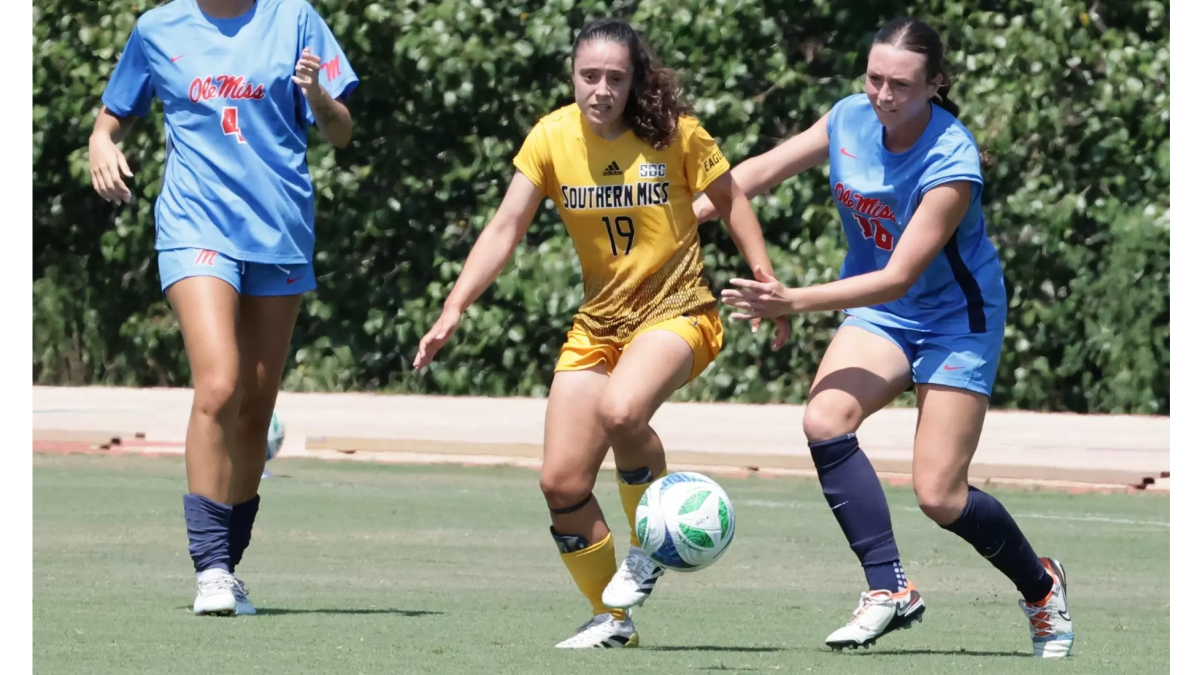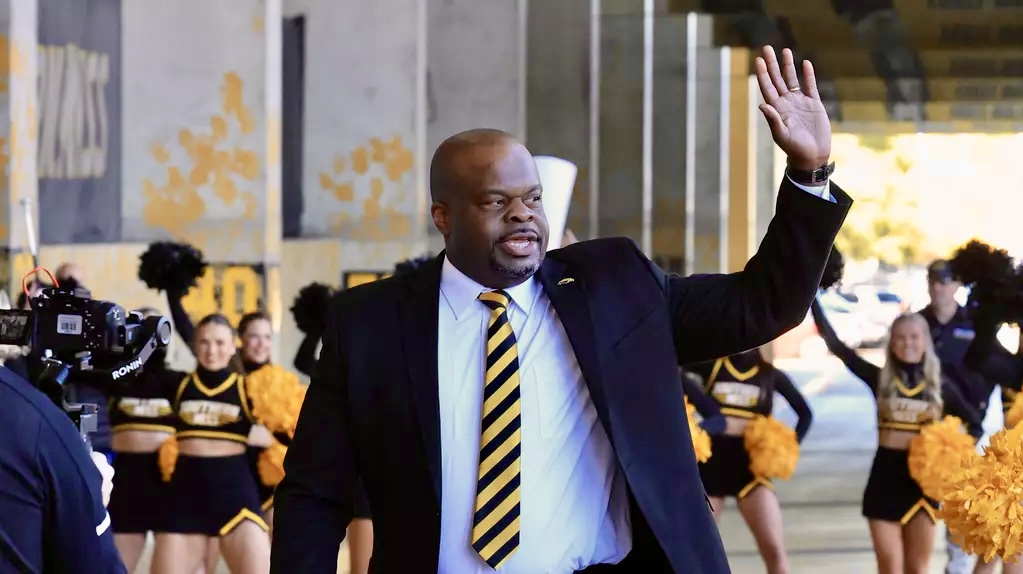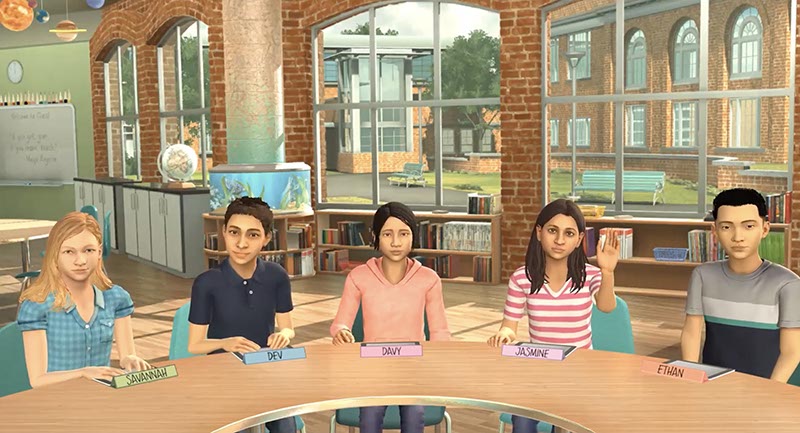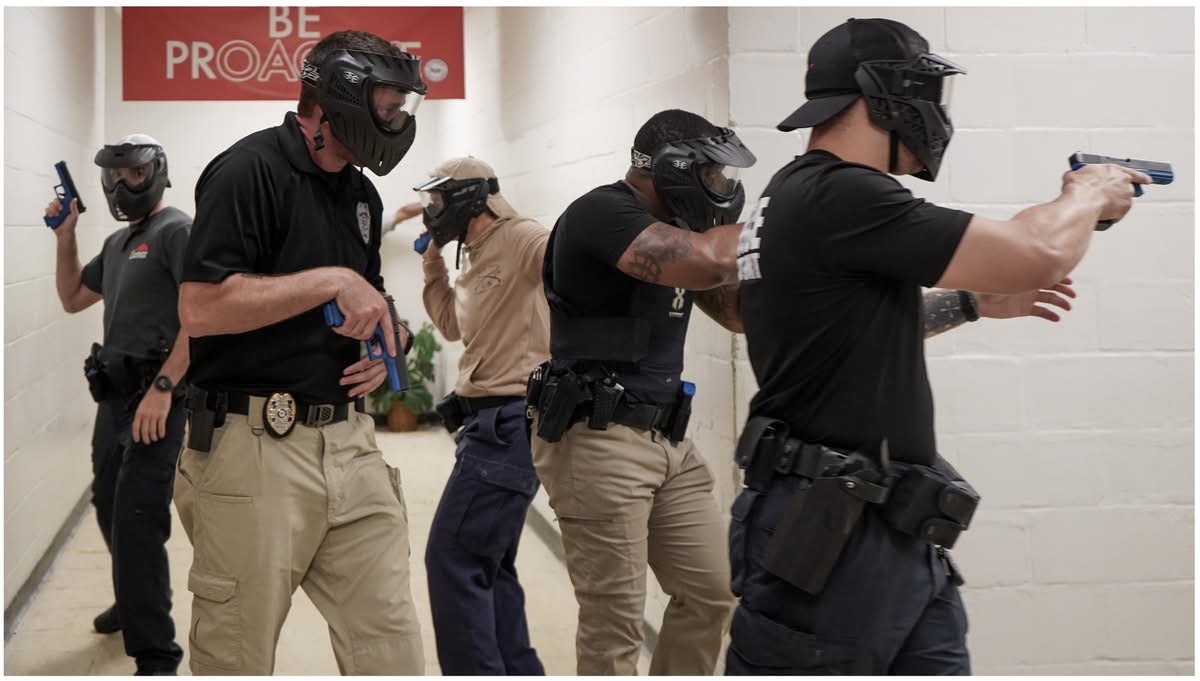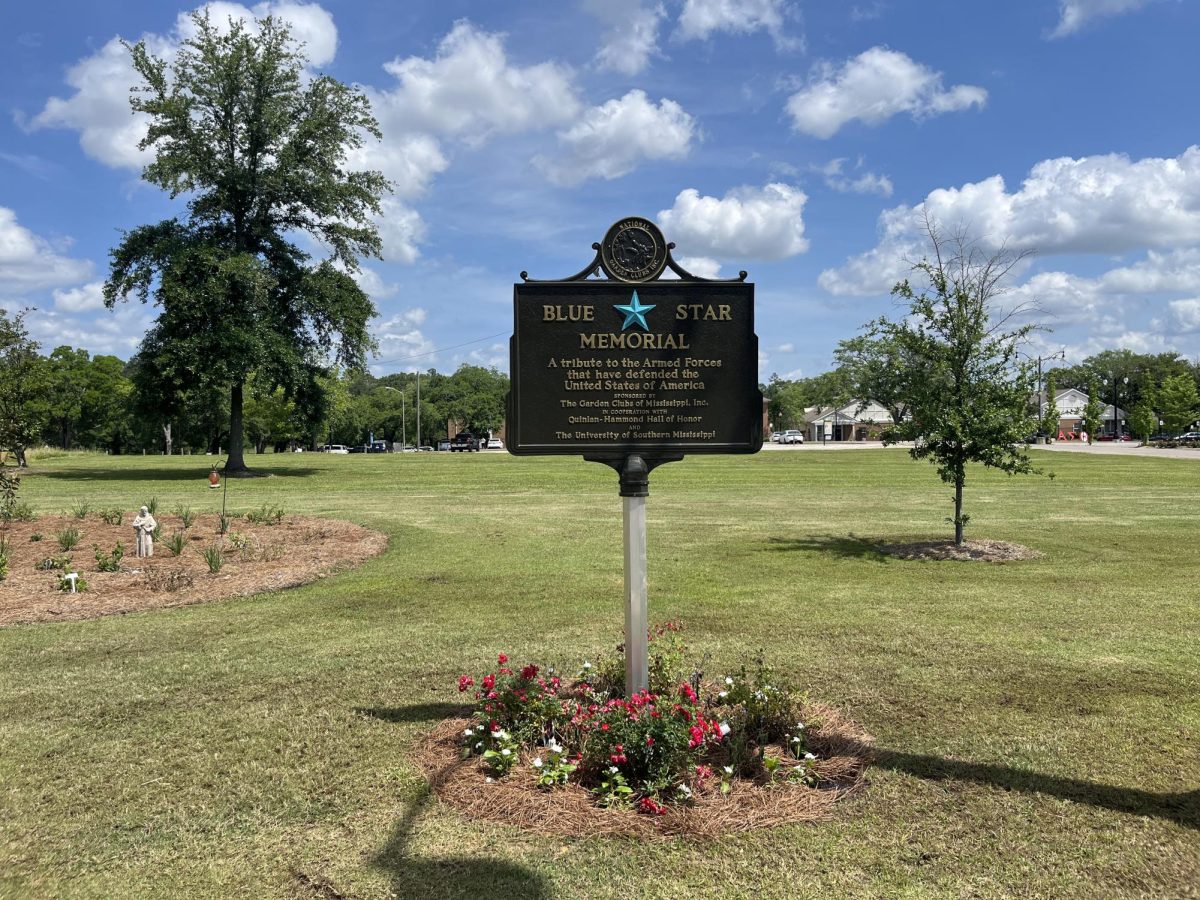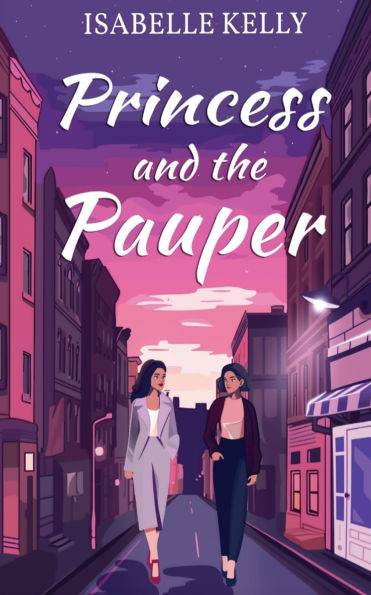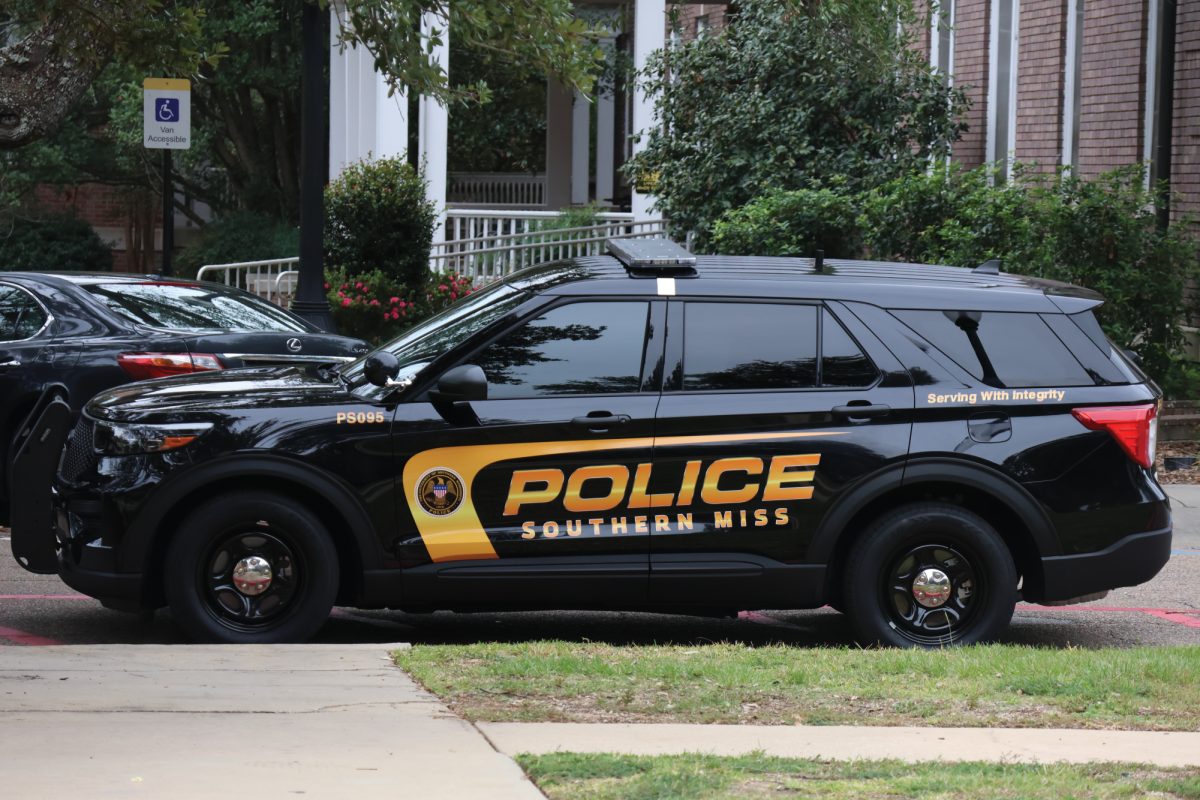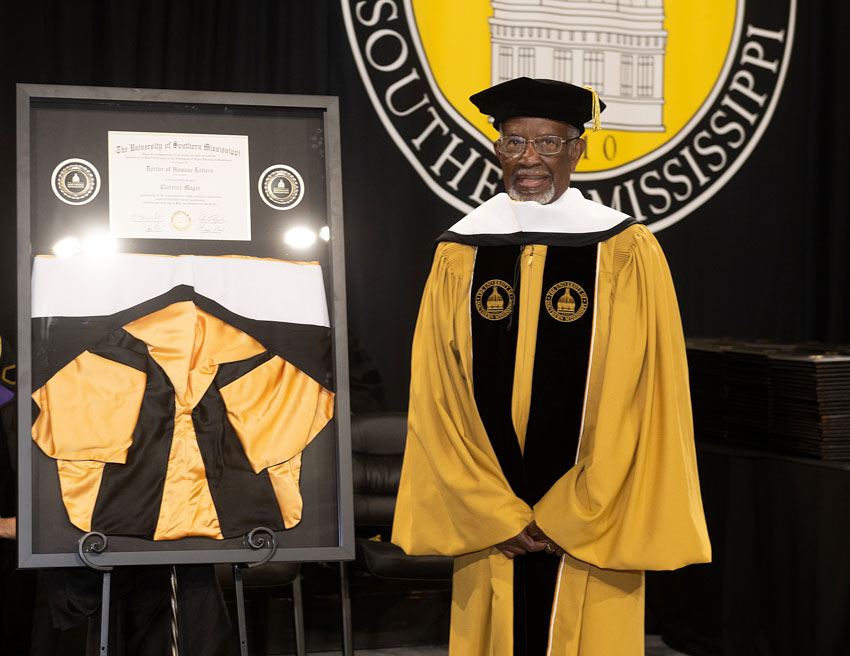Faculty in The University of Southern Mississippi School of Education have been teaching future educators for more than 100 years, but never before have they been afforded virtual reality technology to enhance learning and practicum experiences.
With support from the Governor’s Emergency Education Response (GEER) Fund program through the Coronavirus Aid, Relief and Economic Security (CARES) Act Education Stabilization Fund, Southern Miss students are gaining valuable, hands-on teaching experiences in a virtual classroom for the first time.
“Having access to a virtual learning environment gives our teaching candidates an opportunity to work with the latest in simulation technology while providing them with a safe environment to practice skills which are needed in both traditional and online classrooms,” Noal Cochran Ph.D, interim director and teaching professor of educational administration in the School of Education and associate dean for educator preparation in the College of Education and Human Sciences, said “We look forward to this innovative partnership and the many opportunities it will offer our students.”
In 2020, the U.S. Department of Education awarded GEER funding to the nation’s governors to address the impact of the coronavirus pandemic on students and parents across America. Mississippi received an allocation of $34.6 million for proposals designed to prevent, prepare for and respond to the novel coronavirus.
After watching upperclassmen education majors at Southern Miss struggle to complete their practicum experiences due to the pandemic, Audra Classen Ph.D,Hollie Filce Ph.D and Anne Sylvest Ph.D composed a grant proposal for the GEER Fund program. Their innovative educational solution was awarded $115,736 and will transform the practicum experiences of hundreds of undergraduate teacher candidates at USM in the spring and fall 2021 terms.
Through a partnership with the AVATAR Lab at Kennesaw State University (KSU), the Golden Eagles Teaching in Virtual Reality (GET-VR) program utilizes state-of-the-art technology to create an immersive, mixed-reality environment for students to practice and master their skills. Funds are being used to implement training scenarios and VR simulations focused on high-leverage teaching practices. Southern Miss students are among the first in the nation to participate in these simulations developed by KSU and the Collaboration for Effective Educator Development, Accountability and Reform (CEEDAR) Center at the University of Florida.
“During a typical year, I oversee practicum experiences and teacher candidacy for approximately 400 undergraduates at USM. In 2020, many of these students had dramatically less time in field placements for their practicum courses due to obstacles resulting from the coronavirus pandemic,” Sylvest, director of educational field experiences at Southern Miss, said. “Concurrently, enrollment in practicum courses has increased, pushing the limits of what our faculty can reasonably manage. Our goal for GET-VR is to help offset the impact of COVID on our intermediate and senior block students’ practicum experiences by providing targeted training and practice in a virtual environment.”
The AVATAR Lab delivers customized training scenarios that present professional challenges graduates will encounter on the job. Simulations focus on collaborating with families to support student learning and secure needed services, using student assessment data to analyze instructional practices and make necessary adjustments that improve student outcomes, using explicit instruction and strategies to promote active student engagement, and establishing consistent, organized and respectful classroom environments. The avatars are programmed to interact as second grade through high school students with a range of abilities and personalities, including an advanced student, an introvert, a rule-follower and a class clown.
“While nothing can replace live interactions with students in our local educational settings, the coronavirus has forced K-12 schools to dramatically change their operational procedures, severely limiting opportunities for our teacher candidates. GET-VR will aid these students in gaining a deeper understanding of high-leverage practices critical to their ultimate success as teachers,” said Dr. Hollie Filce, professor and coordinator of special education programs. “This technology offers a safe space for our teacher candidates to practice teaching and receive feedback, so they learn from their mistakes and grow more confident managing their own classrooms in the future.”
Southern Miss students are excited about the possibilities this new technology offers, including special education major Amber Taylor from Ocean Springs, Miss.
“I’m extremely grateful that our professors at USM saw our need, developed a plan and secured the best technology available so our student body can excel,” Taylor said. “They say 10 minutes of virtual reality teaching is like 45 minutes of teaching in-person because so many experiences are strategically packed into each session. I feel very blessed to be in this program because we have everything we need to succeed.”For more information about the College of Education and Human Sciences, visit www.usm.edu/education-human-sciences. To learn more about the School of Education, visit www.usm.edu/education.

